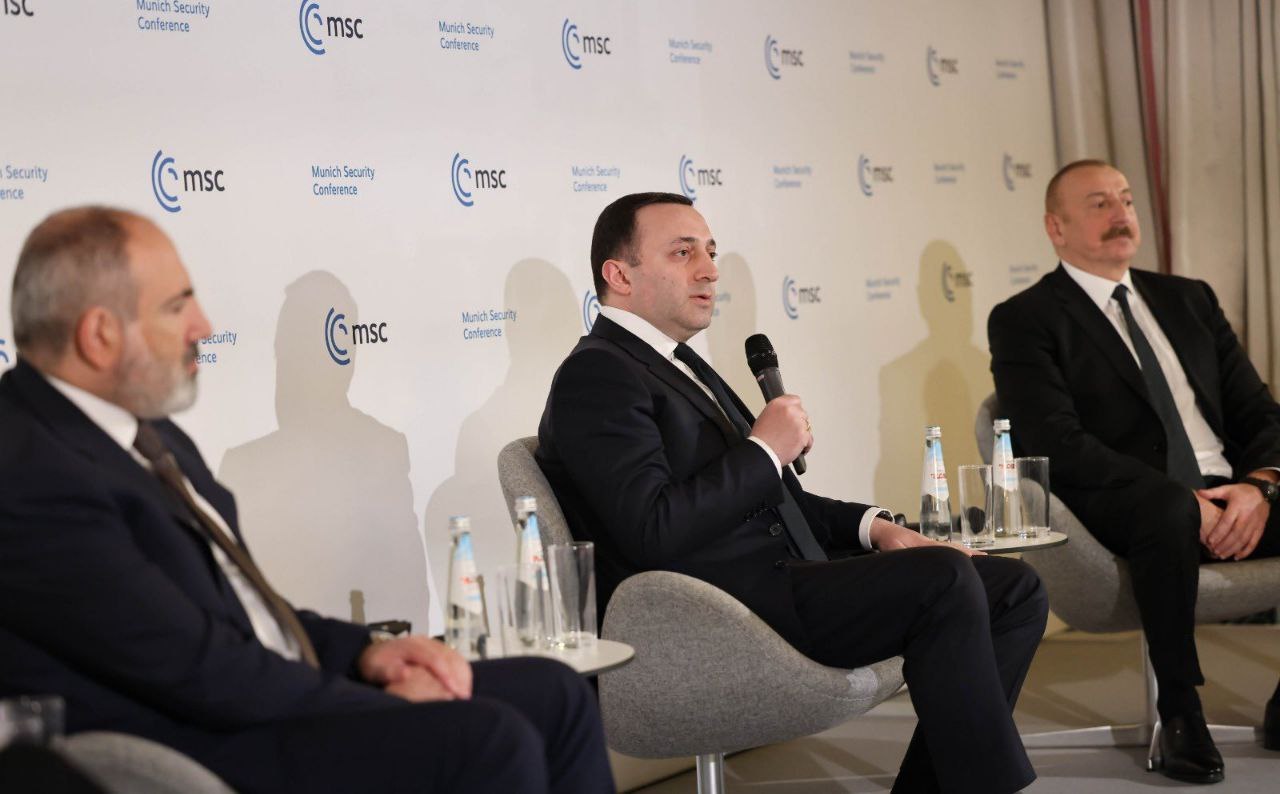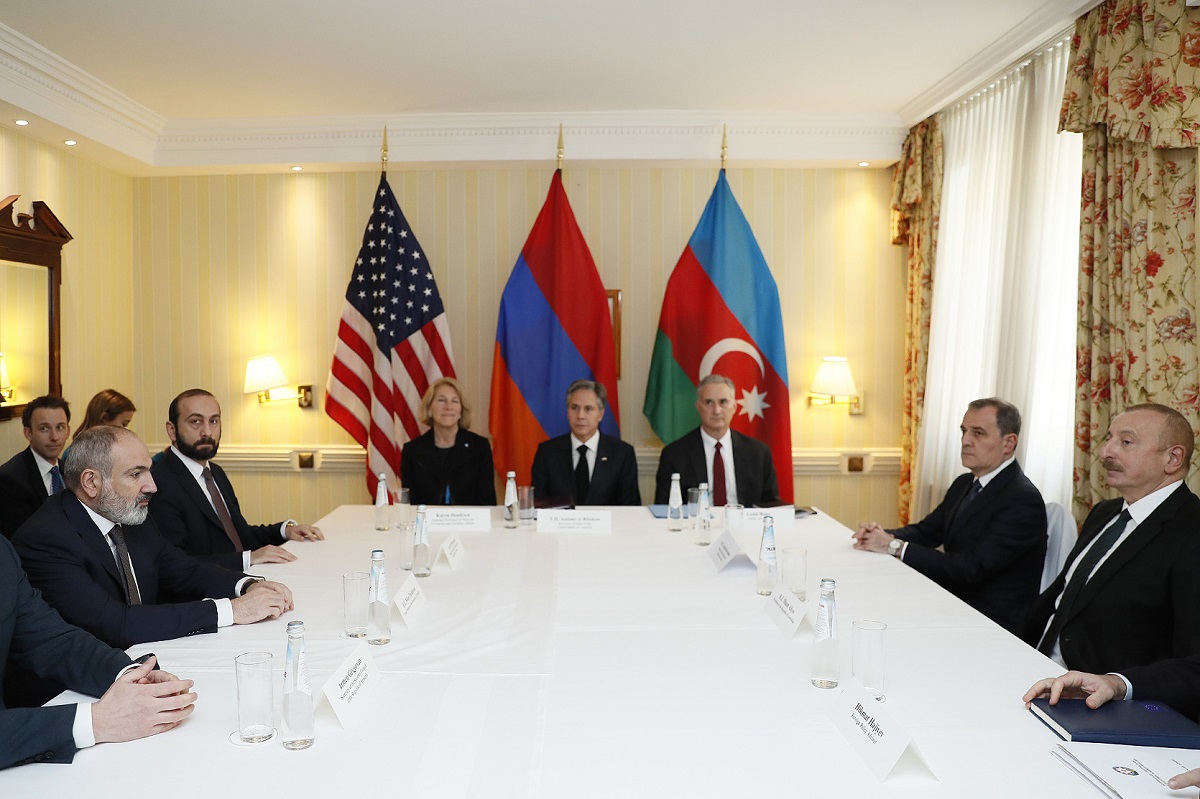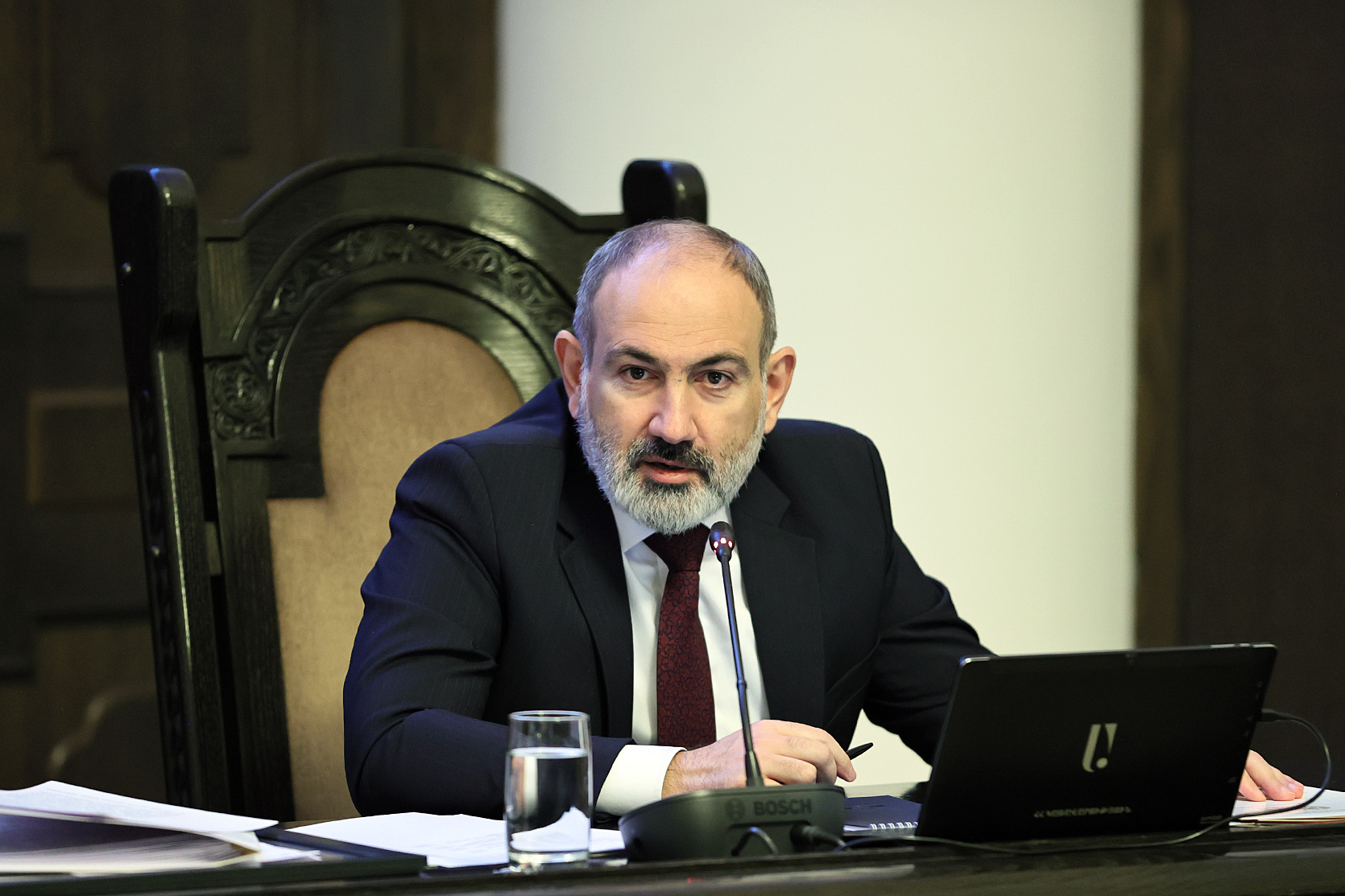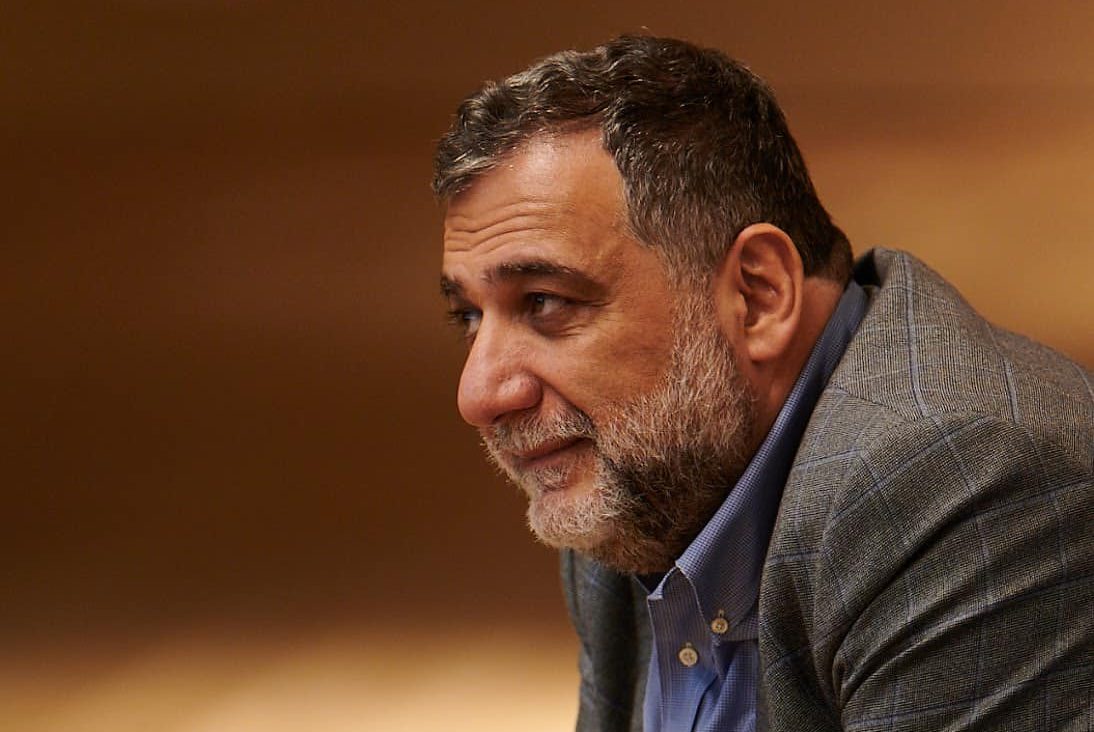“The EU mission in Armenia is not directed against anyone” – Toivo Klaar
Interview with Toivo Klaar
“To say that an unarmed observation mission is directed against anyone is to distort the facts,” Toivo Klaar said in response to Moscow’s accusations regarding the EU mission stationed in Armenia. The EU Special Representative for the South Caucasus considers the statements made by Russia to be “false and groundless.”
During his visit to Yerevan, he gave an interview to the radio station “Azatutyun” (Freedom) and said that the mission “is not directed against anyone.” According to Klaar, one gets the impression that the deployment of an observer mission on the territory of Armenia, on the border with Azerbaijan, worries Moscow more than Baku. He also said that the EU is ready to deploy its mission on the Azerbaijani side of the border, but this should be Azerbaijan’s decision.
Klaar hopes that the mandate of observers in Armenia will last less than the planned two years, since by that time the Armenian-Azerbaijani peace agreement will be signed.
On Armenian-Azerbaijani talks in Brussels
Klaar said that the European Union is working on organizing the next talks in Brussels, and he is in Yerevan with this mission. But specific terms have not been worked out. When asked if it were a meeting between the leaders of Armenia and Azerbaijan, Klaar replied that this was an obvious goal:
“From our point of view, it is very important to intensify the Brussels process, because we and the President of the European Council Michel personally see its importance and attach great importance to it.”
On the situation in the Lachin corridor and the “placement of an Azerbaijani checkpoint”
Klaar noted “encouraging developments” in recent days, in particular reports of the restoration of electricity and gas supplies to Nagorno-Karabakh. Klaar hopes that “everything will go in the right direction.”
He recalled that the EU has consistently advocated lifting the blockade of the Lachin corridor linking NK with Armenia. Klaar said there were discussions in and out of the region, both publicly and “behind the scenes.”
He declined to answer the question about the likelihood of imposing sanctions on Azerbaijan. He only expressed hope that the free movement of people and goods along the Lachin corridor would be restored in the near future:
“The most important thing is that the population feel that they can live safely in the places where they have lived for decades, centuries, and that any other issues, including legitimate concerns, will be discussed at the negotiating table.”
The other day, Ilham Aliyev said that international partners “have an understanding regarding the installation of an Azerbaijani checkpoint” in the Lachin corridor. The EU representative said he was not aware of negotiations with other partners. However, he stressed that from the point of view of the European Union, this issue should be discussed in the context of the tripartite statement of November 9, 2020, and in this document “there is no mention of an Azerbaijani checkpoint.”
On the Armenian-Azerbaijani peace agreement
“Regardless of whether relations between Armenia and Azerbaijan are viewed in the same context as the rights and security of the Armenians of Nagorno-Karabakh, or in a different context, what is important is that there be a comprehensive, comprehensive solution to the conflict,” Klaar said.
A thorough solution to the conflict is in the interests of all parties, since it has kept the region back for thirty years.
Klaar hopes that the European Union will be able to help advance this process. But, he says, “there are still many questions to be answered.”
On a possible Baku-Stepanakert dialogue
Klaar considers it important to start a “real and visible dialogue” between Baku and Stepanakert. He is encouraged by “the fact that President Aliyev recently announced this in Munich”:
“He is determined to establish relations with the population, representatives of the Armenian population, and this is very important.”
Klaar says that all the efforts of the European Union should be aimed at ensuring that this dialogue takes place, so that “the population of Nagorno-Karabakh sees the prospect.”
Which side should guarantee this process and how, Klaar did not say. He said only that the process of reaching agreements “is not only taking place behind closed doors”:
“Some discussions may take place behind closed doors. But the most important thing is that this is a visible process, first for the population of NK, then for the international community. And this, in fact, is a way to involve the international community in the process.”
Klaar said that the European Union has always advocated such a dialogue “regardless of the personality of State Minister Ruben Vardanyan”, with whom Aliyev refused to negotiate. At the end of last week, Vardanyan was dismissed, which many considered as fulfillment of Baku’s conditions. And Klaar believes that “perhaps now, in current conditions, this dialogue will be easier to achieve.”
Interview with Toivo Klaar in Yerevan






















